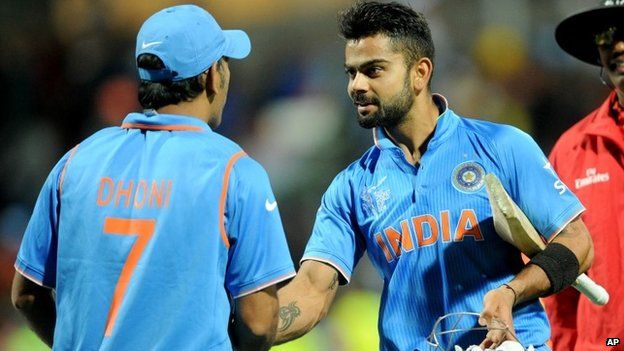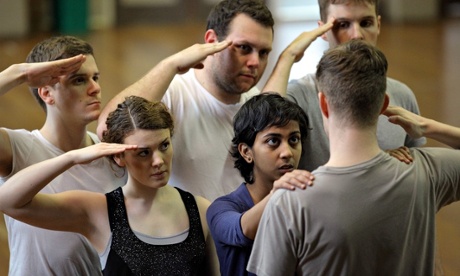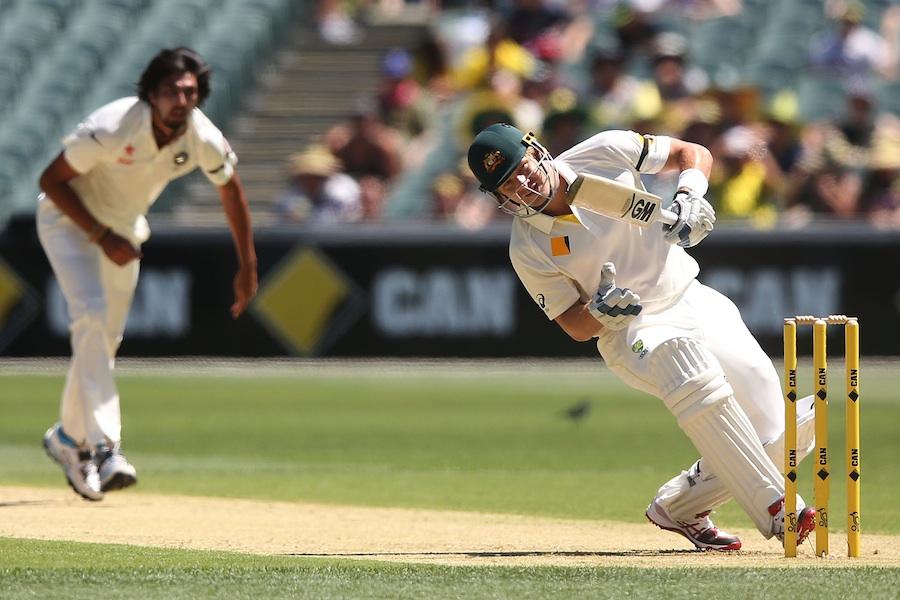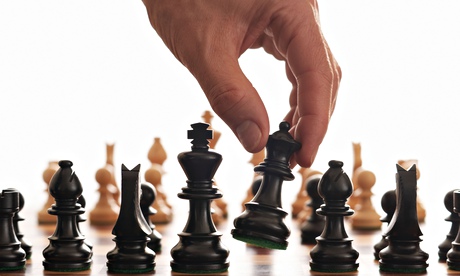In cricket, as in any sport, there are two kinds of mistakes.
The bad mistake arises out of confused thinking, lack of focus and a poor understanding of tactics. The good mistake, on the other hand, implies a well-thought out plan gone wrong or an attempt to force the issue backfiring.
Increasingly as his captaincy progressed, India's most experienced and successful Test captain Mahendra Singh Dhoni kept making bad mistakes. Giving his bowlers one-over spells, for instance. Or wasting a fielder at leg gully.
Good fortune and hunches can take you only so far - every captain in the game's history has taken chances with an inexplicable bowling change or an illogical batting line-up and surprised everybody by winning. But that cannot be the basis for captaincy.
Positive attitude
Virat Kohli, at 26, younger than Dhoni by seven years, is not yet tactically sound but has two important things going for him: a positive attitude and enormous self-belief.
Not since Tiger Pataudi has an Indian captain been willing to risk defeat in the pursuit of victory like Kohli in the December 2014 Adelaide Test against Australia.
The essential difference between the past and future of Indian cricket is that while Dhoni was clearly on his way down, Kohli can only improve.
He will face many of the problems Dhoni did - a poor bowling attack, especially abroad, the pressures of being on the field for beyond 50 overs or a single day, the hope that victories in the shorter format will make up for their absence in Tests.
India had caved in without a fight in 13 of 17 Tests abroad before the last Australian tour. They lost the 14th in Adelaide, where Kohli led for the first time, but the texture of the defeat was different. The Anna Karenina Principle applied. "All happy families are alike," wrote Tolstoy in his novel, "each unhappy family is unhappy in its own way."
Similarly, all victories are alike but defeats are wildly different.

India went down in a blaze of glory, attempting to make 364 runs in a day and coming startlingly close.
Playing for a draw was never an option, said Kohli, perhaps aware that India had the batting to win the Test, but not to draw it. Still, there was promise of a change in the standard narrative. Optimism is infectious, and it is easy to catch it off a captain who is full of it.
Kohli projected that optimism and spirit right from the days when he led India to the Under-19 World Cup win. He was marked out as future captain.
The IPL has a lot to answer for. But in Kohli's case, it actually helped.
Finding a balance
After initially tasting its many enticements, Kohli settled down. In his corner was his team Royal Challengers Bangalore coach Ray Jennings, who told him that the Under-19 triumph would soon be forgotten, and that he would be judged as an adult cricketer. Anil Kumble helped to channelise and focus all that energy. And he was made captain in anticipation of the bigger job to come.
While Kohli's captaincy in the one-day format has been aggressive and focused on winning, in Tests he will have to learn - as his bowlers too will - the virtues of patience and long-term planning.
Indian cricket will have to find a balance between Dhoni's tendency to let things drift and Kohli's impatience with uneventful overs and sessions. There is an element of fishing in the longer format. You put out your bait and wait. Kohli will have to learn the waiting game.
Whether it is a reflection of the times, a consequence of playing too many matches in the shorter formats of the game or a question of temperament, India's cricket is currently characterised by an impatience that makes them perform well below potential.
Bowlers are in a hurry to take wickets or simply run through their overs, batsmen seem to have forgotten how to play session-to-session. Kohli will have to rid the team of bad habits.
While many believe that a captain is only as good as his team, the best ones have inspired their teams to play above themselves. Pataudi for one, Mike Brearley or another.
Kohli's advantage is that he is the best batsman in the side, and there are no immediate candidates for his job. In other words, he will be left alone to develop his full potential as captain, unhampered by the need to constantly watch his back - an occupational hazard with Indian captains of the past.
He has it in him to stamp his name on an era.






